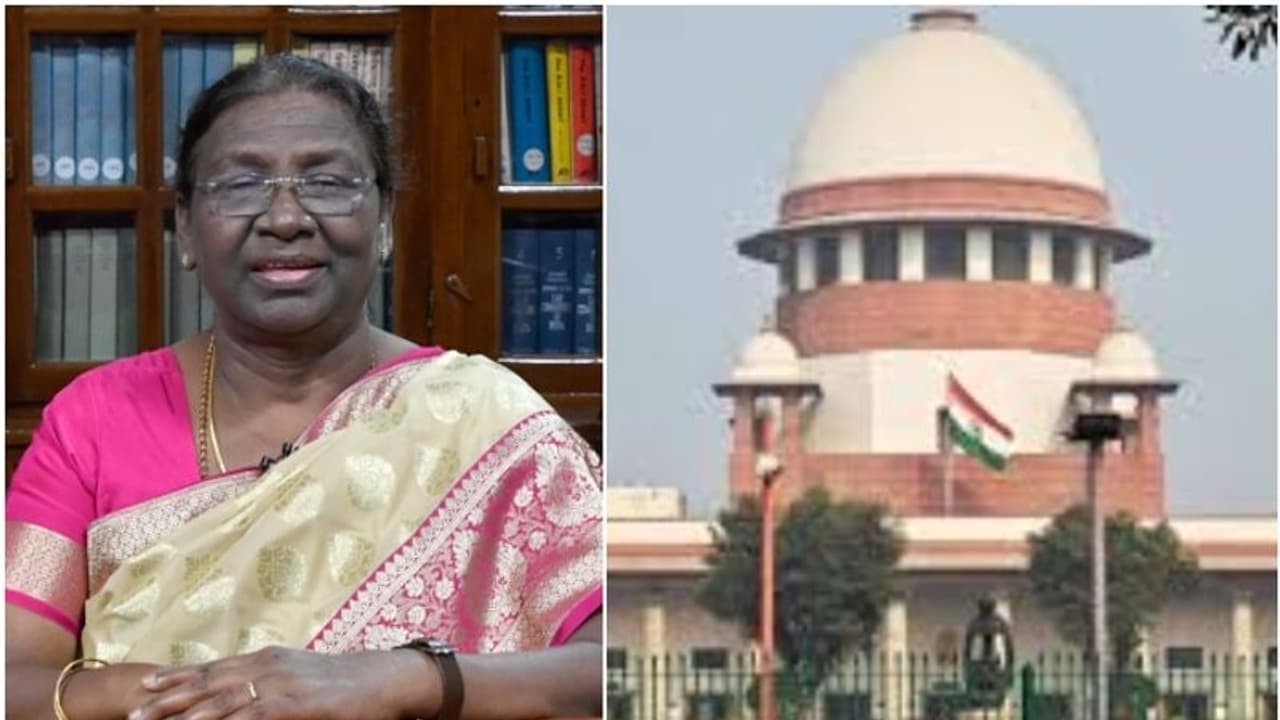In an unprecedented move, the Kerala government has filed a writ petition in the Supreme Court against President Droupadi Murmu and Kerala Governor Arif Mohammed Khan for withholding assent for bills passed by the Kerala Legislature.
In a significant development, the Kerala Government filed a lawsuit against President Droupadi Murmu for withholding assent for four Bills passed by the Kerala Legislature without providing any reasons. Additionally, the Kerala Governor Arif Mohammed Khan was also sued for delaying the Bills and subsequently reserving them for the consideration of the President.

The Kerala Government has contended that the President's action of withholding assent for the four Bills without providing reasons violates Articles 14, 200, and 201 of the Constitution. They argue that this action is arbitrary and lacks Constitutional morality. As a result, they are seeking the recall of the reference of the seven Bills to the President.
The State has listed the Secretary to the President, the Kerala Governor and the Additional Chief Secretary to the Governor as respondents in the writ petition filed before the Supreme Court.
Kerala will be represented in the Supreme Court by a senior lawyer specializing in Constitutional matters, along with C.K. Sasi, the state's Standing Counsel.
The State argues that the Union Government's actions, advising the President to withhold assent to Bills passed by the Legislative Assembly nearly 11 to 24 months ago, infringed upon the State's jurisdiction outlined in the Constitution. This interference disrupted the federal structure and encroached upon the State's constitutional domain.
The reasons assigned by the Governor for reserving the Bills for the consideration of the President had nothing to do with the Union of India or the relationship between the Legislature of Kerala and the Union of India, it said.
The Governor's decision to bundle up seven pending Bills and refer them to the President was seen as an attempt to evade Supreme Court scrutiny. The State contends that this action lacked sincerity and good faith. By reserving the Bills after prolonged delays, the Governor seemingly avoided fulfilling constitutional duties outlined in Article 200. Thus, the State argues that referring the Bills to the President in such a manner should be deemed unconstitutional.
